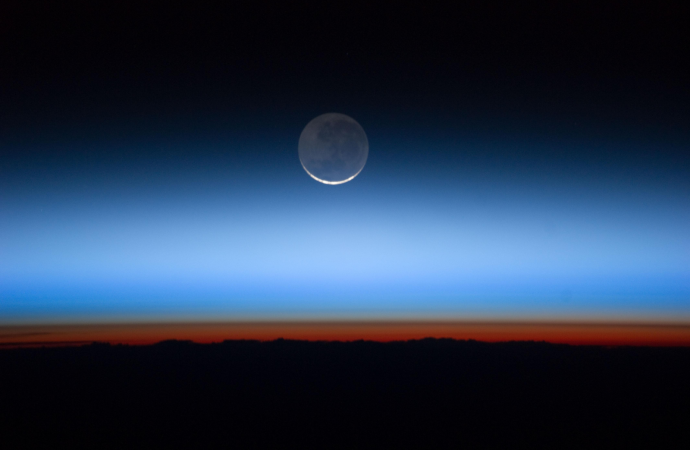A small team of researchers with Princeton University has found evidence that suggests that the amount of oxygen in the Earth’s atmosphere has dropped by 0.7 percent over the past 800,000 years.
In their paper published in the journal Science, the team describes their analyses of ice core samples taken from Antarctica and Greenland and offer some possible explanations for what they found.
Scientists have suspected that atmospheric oxygen levels have fallen over the past million years or so, but have not been able to prove it, or even to offer reasonable estimates as to how much has taken place. They would like to know more about the history of oxygen levels because they have been tied very closely to life evolving on the planet and because they have had such a big impact on geochemical cycles—learning more about its history might offer clues about the future. In this new effort, the researchers sought to offer more concrete evidence. They studied a number of ice core samples that contained trapped air bubbles representing air samples going back almost a million years.
In studying their data, the researchers found that oxygen levels had fallen by 0.7 percent over the past 800,000 years—they also calculated that oxygen sinks had removed approximately 1.7 percent more oxygen over that time period than sources had added. They also point out that the change is not a cause for alarm, noting that the difference is equivalent to riding an elevator to the 30th floor of a skyscraper.
The researchers suggest there are two possible reasons for the drain of oxygen. The first is that erosion around the globe has exposed more pyrite and organic compounds—prior research has found that both react with oxygen, causing it to be pulled from the air. The second possibility is a cooling ocean driving more oxygen-consuming microbe activity. They acknowledge that it could be something else entirely and suggest that more research needs to be done—they also suggest that a better understanding of what made our planet habitable may help us in finding others out there in space.
Source: Phys.org

































Leave a Comment
You must be logged in to post a comment.